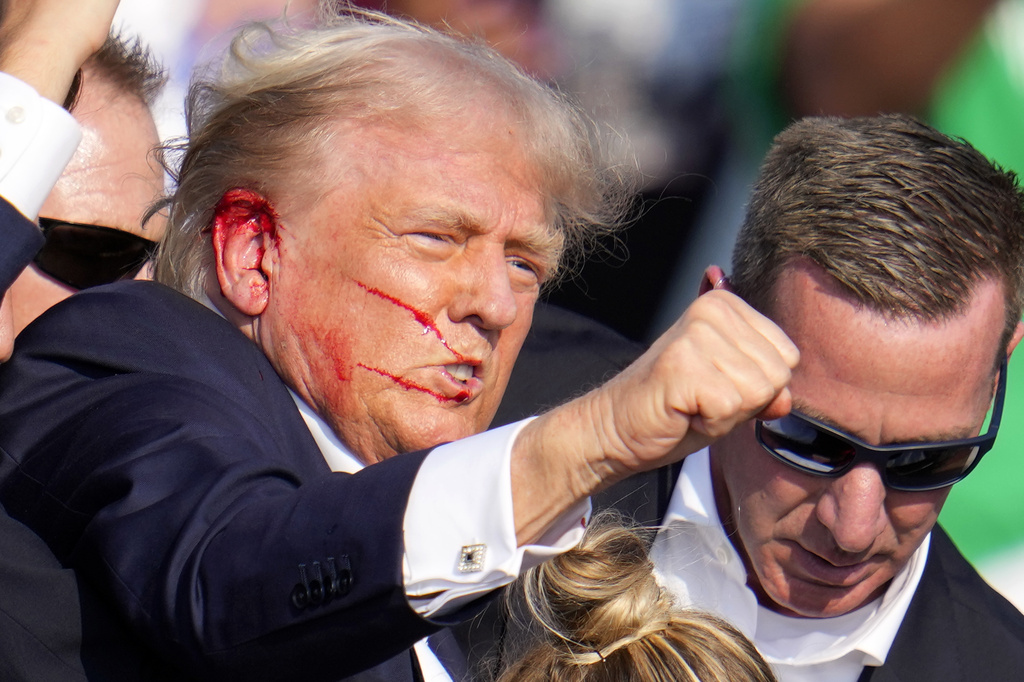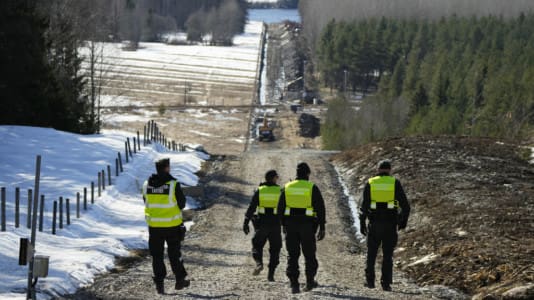The attempted assassination of Donald Trump is rightfully a cause for outrage. However, it should also serve as a reminder that the relationship with the United States is pivotal for Poland’s survival. Contrary to the fantasies of some Euro-enthusiasts, no other country can replace America in this role.
In Poland, there is room for debate about who might be the more desirable president from our perspective. Which choice is better for Poland, Trump or Biden? Yet, it will be Americans who elect their 47th president, and we must establish the best possible relations with whoever that is. This may be challenging or even ineffective, as demonstrated by the tumultuous presidency of Barack Obama, making it all the more critical. One could say it is a matter of life and death — literally.
Today’s America is a superpower, yet plagued by significant problems and split by brutal internal conflicts. The attack on Trump is a manifestation of these issues. Whether perpetrated by a lone madman or as a planned attempt to eliminate a candidate dangerous to the establishment, the fact remains that we have no alternative but to deal with America as it is.
Poland must maintain good relations with both Democrats and Republicans, a challenging but achievable task. Polish President Andrzej Duda has proven this by maintaining excellent relations with Donald Trump and subsequently forging equally strong ties with Joe Biden.
However, current movements by Prime Minister Donald Tusk show how these efforts can be jeopardized. Tusk’s online posts have offended Republicans, aiming for local applause but not going unnoticed in the U.S. Then, during a visit to Washington, it became apparent that he lacks a good connection with President Biden, alienating Republicans without gaining Democratic sympathies — a masterstroke, indeed!
This is no joking matter, as Tusk plays with our national security. He recently boasted about thwarting the serious candidacy of Tomasz Szatkowski, who could have looked after Polish interests in NATO’s highest structures. Szatkowski’s rejection also signals Tusk’s team’s hostility toward Washington, both Republican and Democratic.
The designation of Bogdan Klich as Poland’s representative in Washington is the latest move, a position he has little chance of securing under President Andrzej Duda. This replaces the efficient, energetic, and experienced Marek Magierowski with someone widely regarded as one of the biggest failures in Polish politics post-1989. Under Klich’s leadership, the Polish army was downsized to barely 90,000 soldiers and dozens of military units were eliminated. His tenure also saw three military plane disasters, including the tragic Smolensk crash, which was a national embarrassment. This series of events left a deep mark on Poland’s political accountability.
There’s no illusion in Washington that anyone is unaware of this. America received a signal from Donald Tusk — a signal of incompetence and disgrace. Whether due to folly or an inability to foresee consequences, it represents another expression of Tusk’s anti-American phobias, continuing plans to build a vast bloc from Lisbon to Vladivostok, perhaps even to Shanghai, but without America and contrary to its interests.
Yet this does not concern Tusk, who sees his future elsewhere, not in this small “abnormal” country, as even his asset declarations show, he holds nothing here, not even his former residence, which he transferred to his wife. In the worst-case scenario, he has somewhere else to go, while we remain here.






